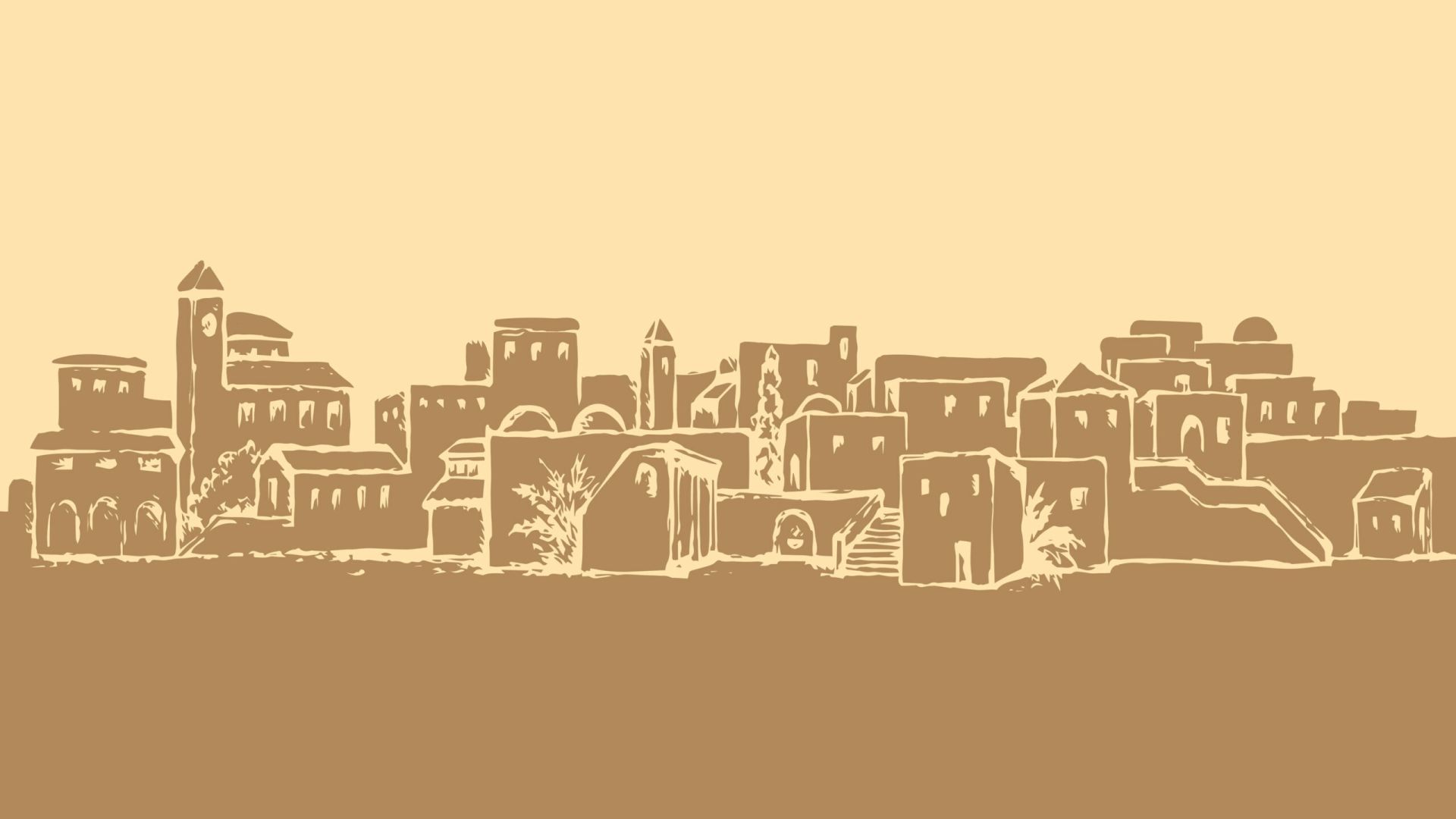Sūrah al-Fātiḥah and Its Refutation of Atheism
Imām Ibn al-Qayyim al-Jawziyyah
Sūrah al-Fātiḥah and Its Refutation of Atheism
Imām Ibn al-Qayyim al-Jawziyyah


The words that comprise Sūrah al-Fātiḥah completely refutes all false ideologies. We say [concerning this]: mankind is of two divisions: either fully satisfied and whole-heartedly content with the Manifest Truth [i.e. Allāh], or in a state of obstinate rejection concerning Him.
Sūrah al-Fātiḥah comprises confirmation of the existence of the Creator, and refutes those who have chosen to reject Him through confirming His Lordship over every created thing in existence. Contemplate the condition of this entire existence, its lofty portions and that which is lower than that, [allow your mind] to encompass every part of it, you will find it stands as a witness to the One who produced it, originated it, and holds absolute dominion over it.
Thus, to engage in obstinate rejection of its Producer and disavow Him is to reject knowledge [of this existence] itself as there is no conceivable difference between these two negations. Rather, the creation is evidence of the creator, effect proves the occurrence of action, and the Producer [of the creation] explicates the conditions of the creation itself as elucidated by an unadulterated, illuminated, exalted intellect. The [methodology] of this correct, natural disposition of man is more apparent than its antithesis. Consequently, the knowledgeable ones, possessors of insightful thinking, prove Allāh’s existence through consideration of His actions and that which He has produced, while others look firstly at the creation and its design before proving His existence.
They are two undoubtedly valid, truthful ways [of inferring] and the Qurʾān comprises them both. As for [primary] utilisation of [the creation’s] design, it is a frequent illustration. Although the [way] of using the Creator [primarily in the series of inferences] is yet another level of prestige. This was alluded to by the messengers who said to their people:
أَفِي اللَّهِ شَكٌّ
‘Can there be doubt about Allah?’
[Ibrāhīm, 14:10]
i.e. could you hold doubts concerning Allāh such that you should request evidence that would prove His existence? What evidence could be more apparent and sound than the subject of this very discourse [Allāh Himself]? How could you request evidence for that which is the most manifest with that which is obscure [by comparison]? They then informed them of the evidence by following this with saying:
فَاطِرِ السَّمَاوَاتِ وَالْأَرْضِ
‘Creator of the heavens and earth?’
[Ibrāhīm, 14:10]
I heard Taqī al-Dīn Ibn Taymiyyah (May Allāh purify his soul) say: ‘How can one seek evidence for the One who is Himself an evidence for all else?’ He would frequently use these poetic verses in the elucidation of this: ‘Minds themselves can hold no thoughts of conceivable validity…If it requires evidence to ascertain the appearance of daytime.’ It is well-known that the existence of the Lord the Most High is more intelligible to [unadulterated] minds and dispositions than the appearance of the day itself. Thus, accusatory blame should fall on any intellect or disposition that finds His existence an unfathomable ideal.
Endnotes:
Source: Tafsīr al-Qayyim: 50-51
Translated by: Riyāḍ Al-Kanadī
Most Popular: Last 30 Days

Everyone’s Speech Is Subject to Acceptance or Rejection Except the Prophet (ﷺ)

The Beautiful Names of Allāh: How to Practice What They Entail in Our Lives










